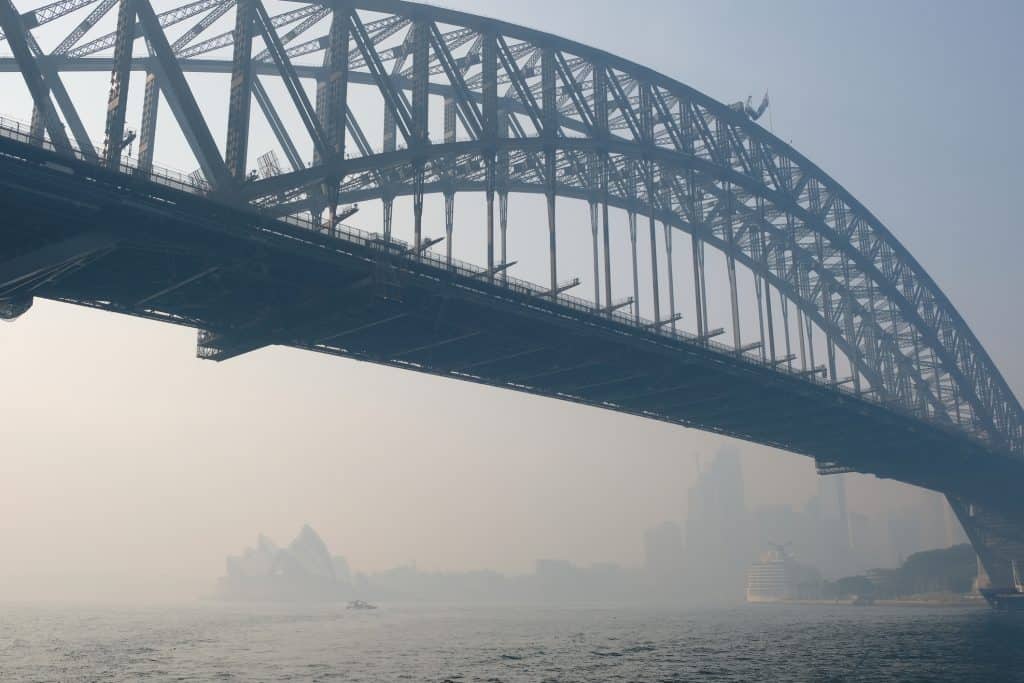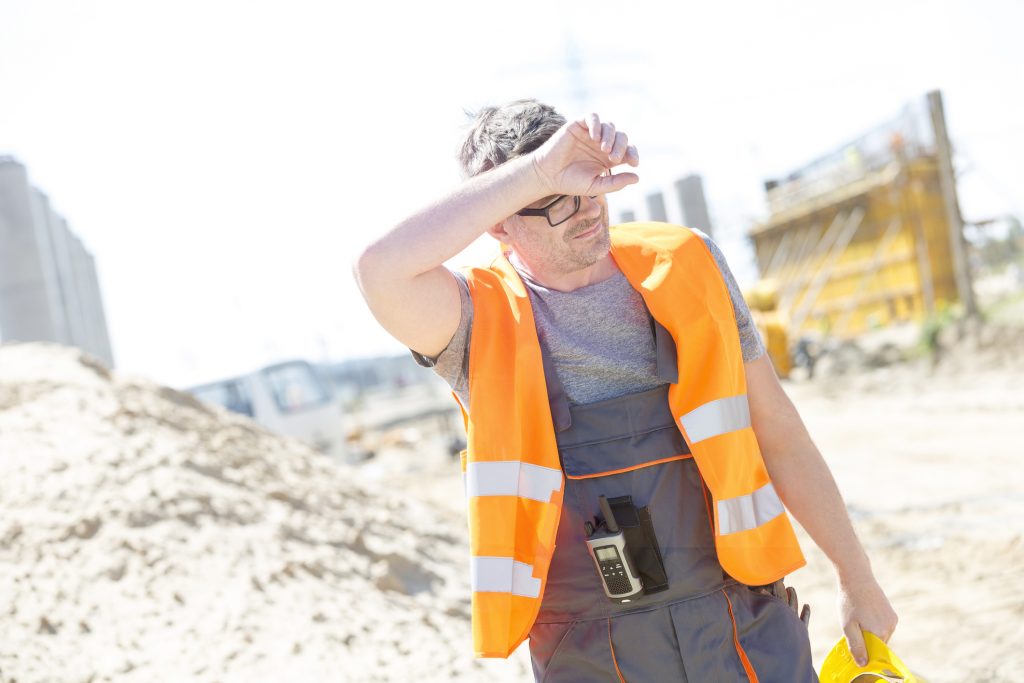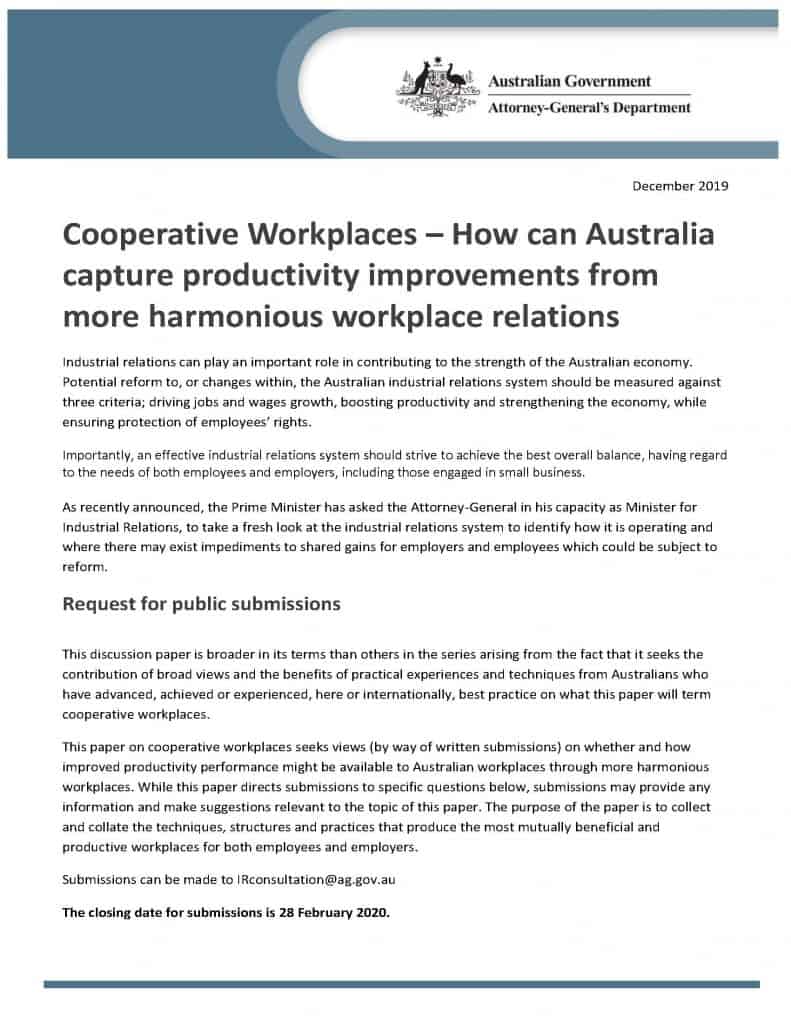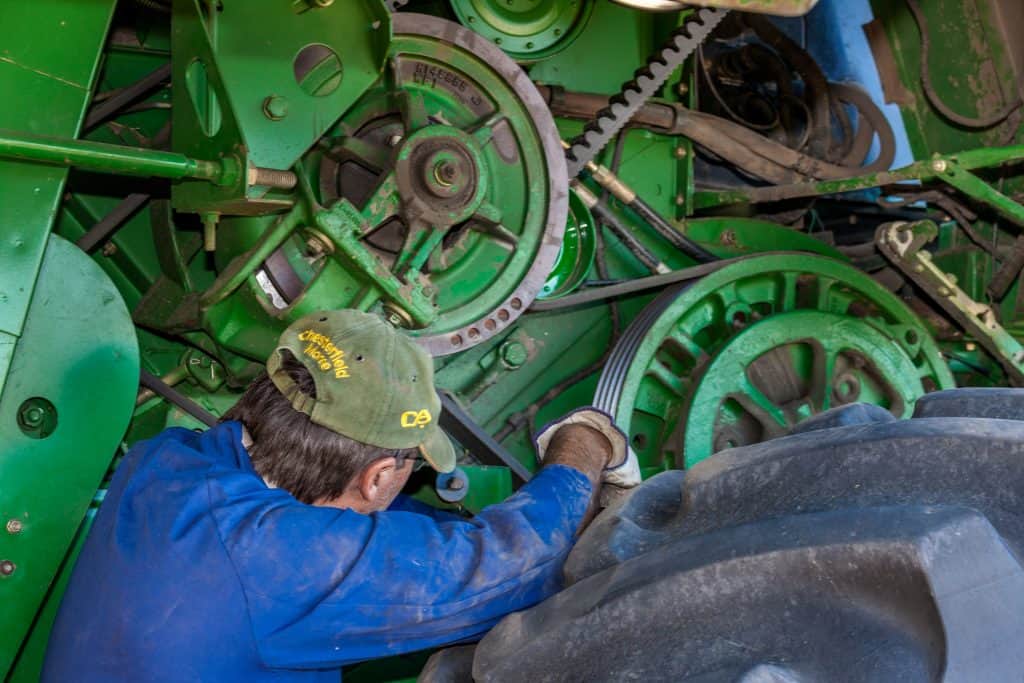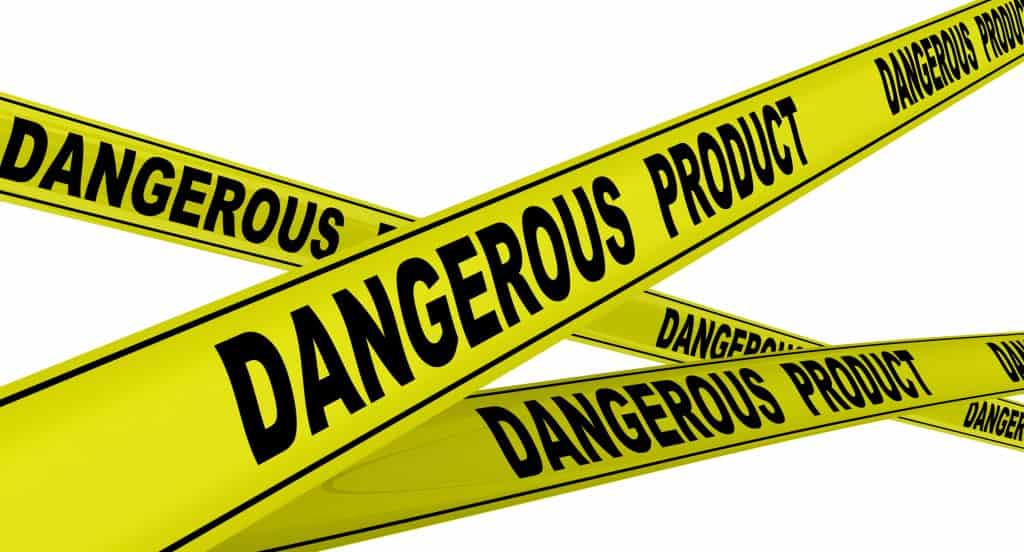
A major criticism of the Australian Prime Minister’s handling of the current bushfire disaster in South-east Australia is that he was reluctant to engage in the fire fighting or relief effort. Scott Morrison’s reason was valid – firefighting responsibilities sit with the States and Territories. The Federal Government has no direct role in this.
Australian politics, and progress, continues to be hampered by the Constitutional demarcation of National and States rights and obligations, but Morrison missed the point. One does not have to be directly involved in an event to show support and leadership, and leadership can be effective in a secondary, support role. This is equally the case for occupational health and safety (OHS).

